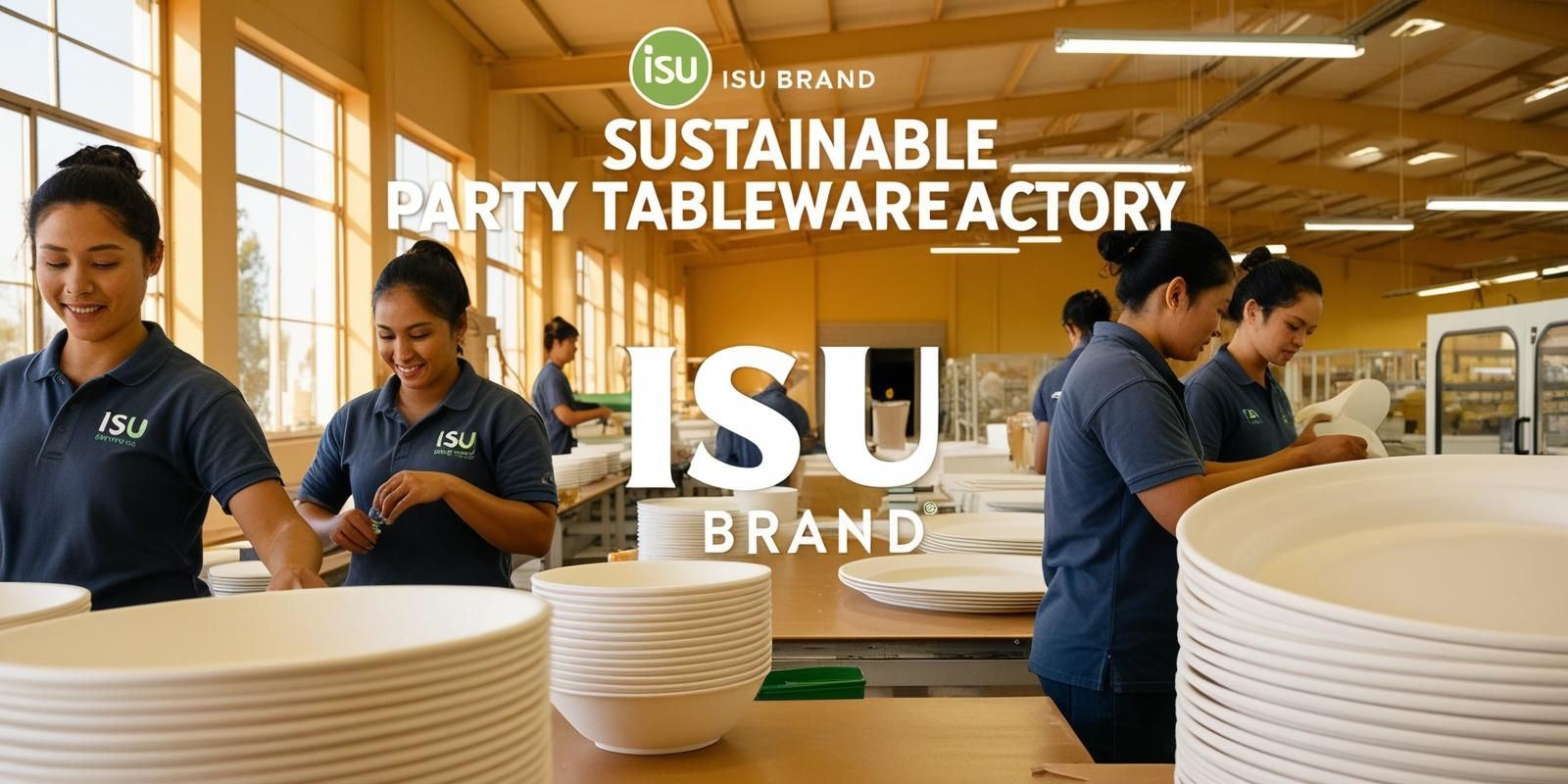Sustainable Packaging that works for your business and the planet
Table of Contents
Through the precise perception of Homerda sensors, it replaces the hotel’s cardless electricity collection, integrates the platform to visualize room management, and integrates the hotel’s lighting system, audio-visual system, and environmental system. It can greatly reduce the hotel’s management and operating costs, improve the hotel’s service quality, and bring customers a more comfortable, stylish, convenient, and technological stay experience.
1. The Role of Sensor Precision Perception in Hotel Operations
In modern hotel operations, sensor precision perception technology plays a vital role. The traditional way of getting electricity in hotels often relies on inserting room cards into the card slot, which has certain limitations. Sensor precision perception technology can replace this mode and achieve cardless power.
It uses advanced sensors to accurately detect the activities of people in the guest room. When a guest enters the room, the system can automatically start the power supply function. On the contrary, when the guest leaves and the room is unmanned, the unnecessary power supply is automatically cut off.’
This precise perception avoids the waste of electricity caused by guests forgetting to remove the card, saving a lot of costs for the hotel from the perspective of energy management.
2. Advantages of Integrated Platform Visual Room Management
Integrated platform visual room management is an innovation in hotel operation management. Through this platform, hotel managers can visually monitor the real-time status of each room. This includes whether there are guests staying in the room, the use of equipment in the room, environmental parameters, and other information.
For example, managers can intuitively see which rooms have lighting systems turned on, whether the temperature and humidity are within a comfortable range, whether the audio-visual equipment is working properly, etc.
This visual management greatly improves management efficiency. Hotel staff do not need to check each room one by one, and can fully understand the status of the room in the management center.
Once a problem occurs, such as a lighting system failure or abnormal temperature in a room, it can be quickly located and maintenance personnel can be arranged to deal with it in time, effectively reducing guests’ dissatisfaction caused by equipment problems and improving the hotel’s service quality.
3. Benefits of Integrating Various Hotel Systems
Integrating the hotel’s lighting system, audio-visual system, and environmental system is the key to improving the quality of the hotel.
In terms of the lighting system, through sensors and integrated platforms, the brightness and color of the lights can be automatically adjusted according to different scenarios and times. For example, when guests fall asleep at night, the lights are automatically dimmed until they are turned off; in the early morning, the simulated natural light gradually brightens to create a comfortable sleeping environment and waking atmosphere for guests.
The integration of the audio-visual system allows guests to enjoy high-quality music and video entertainment through simple operations, such as selecting the smart terminal in the guest room, to meet the guests’ needs for leisure and relaxation.
For the environmental system, sensors can monitor parameters such as temperature, humidity, and air quality in real-time, and automatically adjust equipment such as air conditioning and fresh air systems to ensure that the guest room always maintains a comfortable and pleasant environment.
This integration not only brings guests a more comfortable, stylish, convenient, and technological stay experience but also helps hotels optimize resource allocation and reduce the high costs and management complexity that may be caused by the independent operation of each system.
4. Improve Customer Experience
(1) Personalized Service Customization
By collecting guests’ behavioral data in the guest room through sensors, such as preferred temperature, lighting intensity, and entertainment facility usage habits, the hotel can provide personalized services to each guest.
For example, automatically adjusting lights and curtains according to the guest’s sleeping and waking time, preparing the guest’s favorite drinks or music in advance, etc., greatly improving guest satisfaction and loyalty.
(2) Smart Room Control
When guests enter the room, the sensor automatically identifies and turns on the corresponding equipment, such as lights, air conditioners, and TVs, without the need for manual operation by the guest. After leaving the room, unnecessary electrical equipment is automatically turned off, which saves energy while providing guests with a more convenient stay experience.
In addition, the room equipment can be controlled by voice or gesture through sensors, making the guest’s operation more natural and comfortable.
(3) Improve the Sleeping Environment
With the help of sensors to monitor guests’ sleeping status, such as heart rate, breathing rate, sleep depth, etc., the hotel can automatically adjust the softness and hardness of the mattress, the height of the pillow, the temperature, and humidity of the room, etc. according to these data to create a more comfortable sleeping environment for guests and improve their sleep quality.
5. Optimize Energy Management
(4) Accurate Energy Consumption Monitoring
Sensors can monitor the energy consumption of various areas and equipment in the hotel in real-time, such as lighting, air conditioning, and television in guest rooms, and elevators and lighting in public areas. Hotel managers can accurately identify energy-wasting links and equipment based on these detailed data, formulate targeted energy-saving measures, and effectively reduce energy costs.
(5) Intelligent Lighting and Air-Conditioning Control
According to whether there is someone in the guest room and the intensity of natural light, the lighting brightness and switch are automatically adjusted to achieve intelligent management of the lighting system. At the same time, combined with environmental factors such as indoor and outdoor temperature and humidity as well as the activities of guests, the air-conditioning system is accurately controlled to maximize energy savings while ensuring the comfort of guests.
(6) Energy Demand Prediction and Management
By analyzing historical energy consumption data and real-time monitoring data, the sensor system can predict the energy demand of the hotel in different time periods, helping hotel managers to adjust energy supply plans in advance, participate in the demand response plan of the power grid, further reduce energy costs, and improve energy utilization efficiency.
6. Improve Operational Efficiency
(7) Room Status Management
Sensors can sense whether there are guests in the room, whether the guests have left, and other status information in real-time, automatically update the room status data in the room management system, improve the information synchronization efficiency between the front desk and the housekeeping department, and avoid errors in room arrangement due to inaccurate information. In addition, according to the frequency and duration of room use, the cleaning and maintenance plan of the room can be reasonably arranged to improve the turnover efficiency of the room.
(8) Equipment Failure Warning and Maintenance
Real-time monitoring of the operating status of hotel equipment, such as equipment temperature, pressure, vibration, and other parameters. Once abnormal data is found, early warning information is sent to hotel maintenance personnel promptly, so that maintenance personnel can perform preventive maintenance before equipment failure occurs, reduce the impact of equipment failure on hotel operations, extend the service life of equipment, and reduce maintenance costs.
7. Enhanced security
(10) Personnel Safety Monitoring
Install sensors in hotel corridors, stairwells, parking lots, and other areas to monitor personnel activities in real-time. Once suspicious personnel or abnormal behavior are found, the alarm system will be triggered immediately and the security personnel will be notified to handle the situation, effectively protecting the personal safety of guests and hotel employees.
(11) Fire and Smoke Detection
Smoke sensors and temperature sensors can detect fire hazards promptly and sound an alarm at the beginning of a fire, buying precious time for the hotel’s fire evacuation. At the same time, the fire-fighting equipment such as sprinkler systems and fire-proof roller shutters will be automatically activated to minimize the losses caused by the fire.
(12) Prevent Theft and Intrusion
Door and window sensors, infrared sensors, etc. can monitor in real-time whether the doors and windows of guest rooms and important areas of the hotel are illegally opened or invaded. Once an abnormal situation occurs, the alarm will be immediately notified to the relevant personnel to improve the hotel’s security prevention capabilities.
8. Assisting Hotel Marketing and Data Analysis
(13) Customer Behavior Analysis
The large amount of guest behavior data collected by sensors can provide hotels with a basis for an in-depth understanding of guest needs and preferences after analysis and mining. Hotels can formulate more accurate marketing strategies based on these data, such as personalized promotional activities, recommending travel products or services that meet guests’ interests, etc., to increase guests’ willingness to consume and the hotel’s operating income.
(14) Market Trend Prediction
By analyzing the hotel’s long-term accumulated operating data and guest data, combined with the external market environment and tourism industry trends, the sensor system can help hotel managers predict future market demand and changes in guest flow, adjust the hotel’s operating strategy and resource allocation in advance, and improve the hotel’s market competitiveness.
(15) Enhance Brand Image
The use of advanced sensor precision sensing technology can provide guests with a more intelligent, personalized, and comfortable service experience, which helps to enhance the hotel’s brand image and popularity and attract more guests to stay, especially the younger generation of consumers who have high requirements for technology and intelligent experience.
Related Posts

Get Bulk Discounts Today
Request Your Free Sample Kit!
Company
Contact Us
Address: No.303, Building 5, Ronghua Center, Ningbo, China
Phone/Whatsapp: +86 13646663910
Compliance
Bestluck is a legitimate and legal company, and we hold various professional certifications.
Company
Contact Us
Address: No. 303, Building 5, Ronghua Center, Ningbo, China
E-mail: service@bestluck-party.com
Phone / Whatsapp: +86 13646663910
Follow Us
Compliance
Bestluck is a legitimate and legal company, and we hold various professional certifications.
Copyright © 2010 – 2025 Zhejiang Yisu Home Technology Co., LTD. All Rights Reserved | Stiemap | Privacy Policy
Copyright © 2010 – 2025 Zhejiang Yisu Home Technology Co., LTD. All Rights Reserved | Privacy Policy






